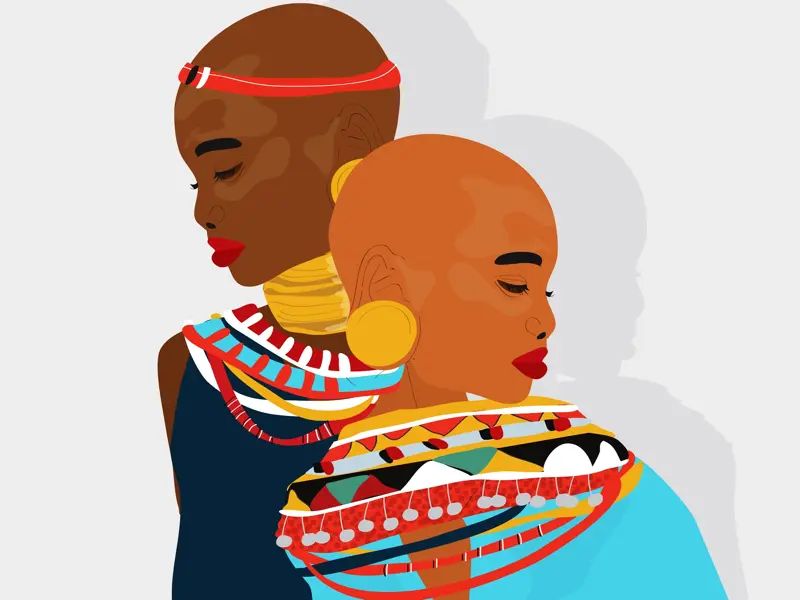The year 2023 marked a crucial yet difficult time for democracy in Africa, especially in its western and central parts.
Two African nations, Niger and Gabon, faced military coups. These events signified a deepening crisis in democratic governance across the region.
In Niger, a significant shift occurred in July. General Abdourahamane Tiani led a military takeover against President Mohamed Bazoum.
This coup was part of a recurring pattern in the area.
Often, military groups take power responding to the people’s dissatisfaction with their leaders and the perceived failure of democracy.
Surveys revealed that many citizens trusted the military more than their civilian leaders and supported removing those abusing power.
In Gabon, the situation escalated after a disputed presidential election in August. Here, military officers also took control, dismissing the official results.

This coup was broadcast live and met with public approval, revealing widespread disillusionment with democratic practices.
The regional body, the Economic Community of West African States (ECOWAS), found it challenging to address these coups.
In Niger, despite ECOWAS’s strong condemnation and calls for the reinstatement of President Bazoum, the military government resisted international pressure.
This failure led many to believe that the consequences of conducting a coup are minimal.
This belief might have encouraged further coup attempts in Sierra Leone and Guinea Bissau.
The coups in Niger and Gabon reflect a broader crisis of democracy in the region.
They show how vulnerable democratic institutions are and the difficulties in maintaining stable, civilian-led governance.
These military takeovers have raised concerns about the stability and economic development of the affected nations and the broader region.
ECOWAS and other regional organizations face the daunting task of tackling these issues while promoting peace and stability.
Background
Also, in previous years, coups and setbacks were common. Mali and Guinea saw coups in 2020 and 2021, while Burkina Faso faced continuous instability.
These reflected long-term issues like corruption and economic struggles.
The frequency and intensity of such challenges were rising. Regional bodies often found it hard to intervene effectively.
Comparing the years, 2023 continued an upward trend in political unrest. Coups spread across more areas, indicating a broadening crisis.
The reasons, including poor governance and economic woes, remained the same.
However, public sentiment shifted more towards supporting military action, showing growing disillusionment with democracy.
Regional responses, particularly by ECOWAS, seemed less effective over time. This shift might signal increasing complexities in political and economic contexts.
Thus, 2023’s events were not isolated but part of a larger pattern of escalating democratic challenges in Africa.
The issues have deep roots, and their evolution reflects a continent grappling with governance and stability.

